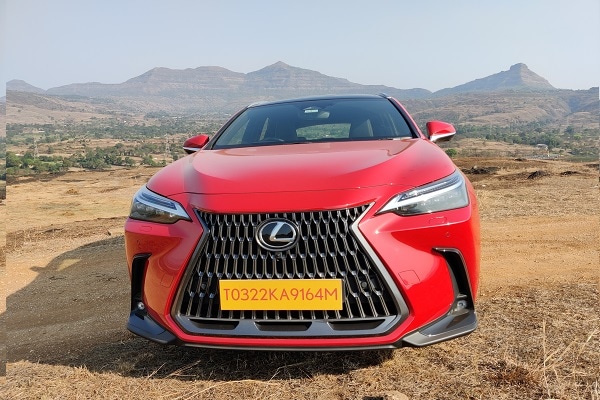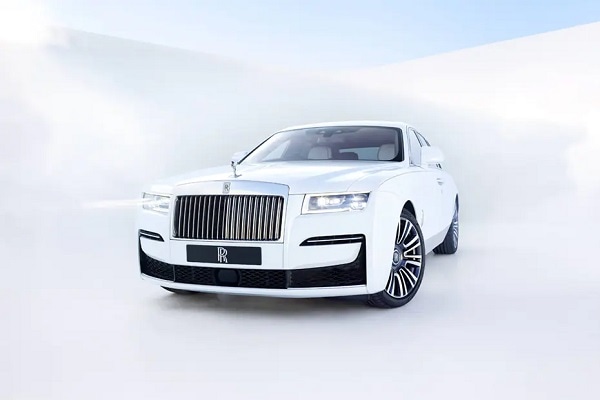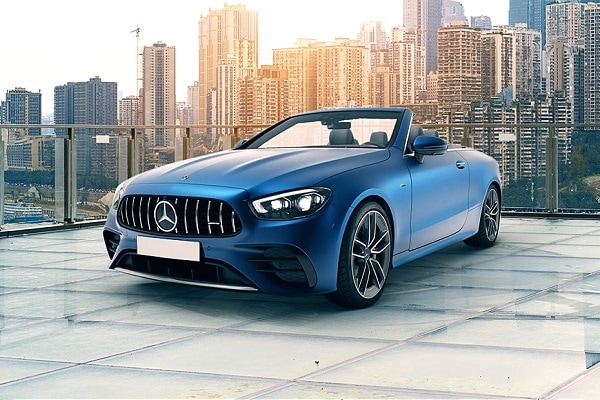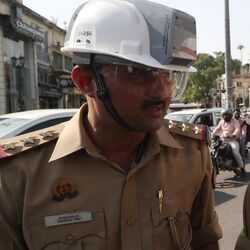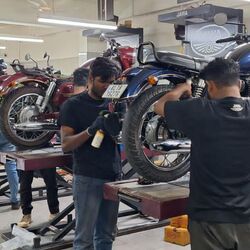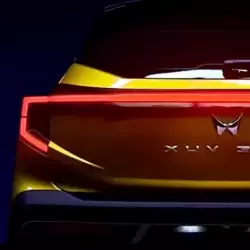Delhi unlocks to traffic jams as lockdown restrictions are eased
- Traffic jams returned in Delhi on the very first day of unlock after lockdown restricted vehicular movement for more than a month.
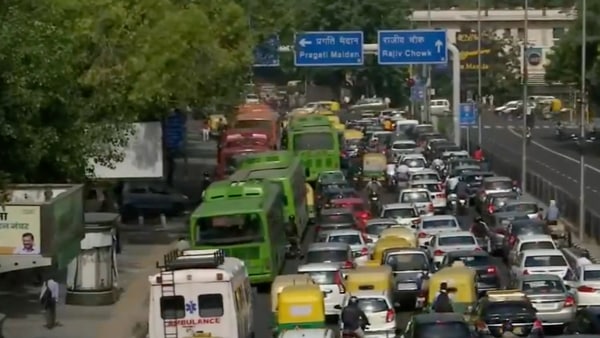

Delhi witnessed traffic jams on the very first day of unlock today. Reports of long queues of vehicles at critical points like ITO, ISBT and Kashmere Gate started to come in as more vehicles started plying on the roads of the national capital.
Traffic piled up at Delhi's ITO crossing as migrant workers started to return back to the national capital. Vehicles were seen standing in long queues in one of the videos posted by news agency ANI this morning. Several others also complained about traffic jams in areas like ISBT, Kashmere Gate as well.
Also check these Vehicles
SN Shrivastava, Police Commissioner of Delhi, was quoted by ANI saying, "Unlock may have happened but public must exercise caution. People must remember that the impact of the disease (Covid-19) has gone down but the disease is still out there. We have removed barricades to ease movement of traffic."
The unlocking process in Delhi started after weeks of restrictions due to the second wave of Covid-19. Delhi was put under lockdown in April. Metro services were suspended and vehicles were allowed only for those involving in essential services. Private vehicles will continue to be checked and would be allowed to move forward only if a valid e-pass is shown or if the passenger is on the exempted list.
The Delhi Metro services has also been allowed with 50 per cent seating capacity. Public transports like buses, three-wheelers and radio cabs will continue to operate as these have during the lockdown restrictions too.
Delhi Chief Minister Arvind Kejriwal announced relaxation in lockdown restrictions as coronavirus cases continue to drop in the national capital. However, restrictions for private vehicles like cars and two-wheelers will continue unless for purposes previously stated during lockdown announcement.
Also Read - Delhi eases lockdown restrictions from today. What it means for your mobility
According to the guidelines, vehicles carrying people linked to emergency services, frontline workers, people going for Covid-19 vaccination, or those headed to or from airport, railway stations and ISBTs will be allowed in private vehicles.








 40 kWh
40 kWh 150 Km
150 Km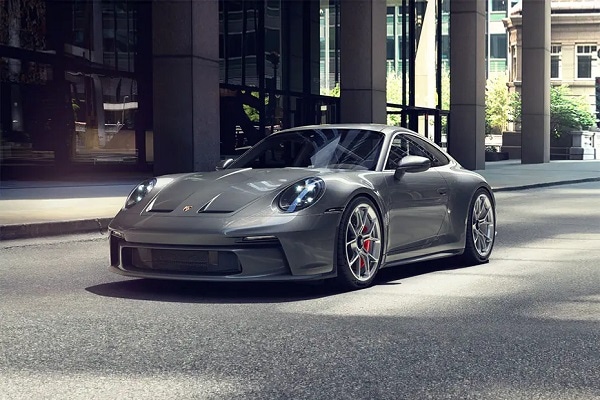
 3996.0 cc
3996.0 cc Petrol
Petrol
